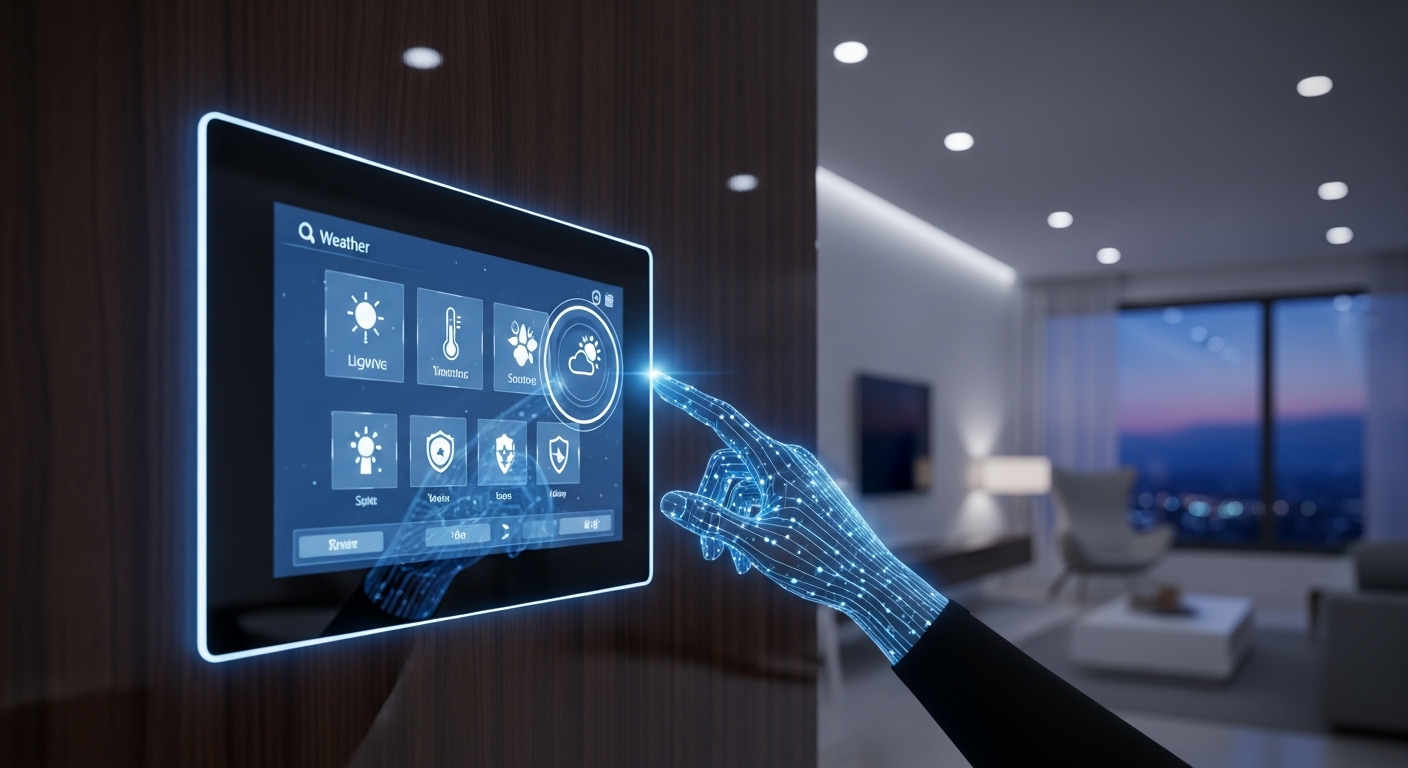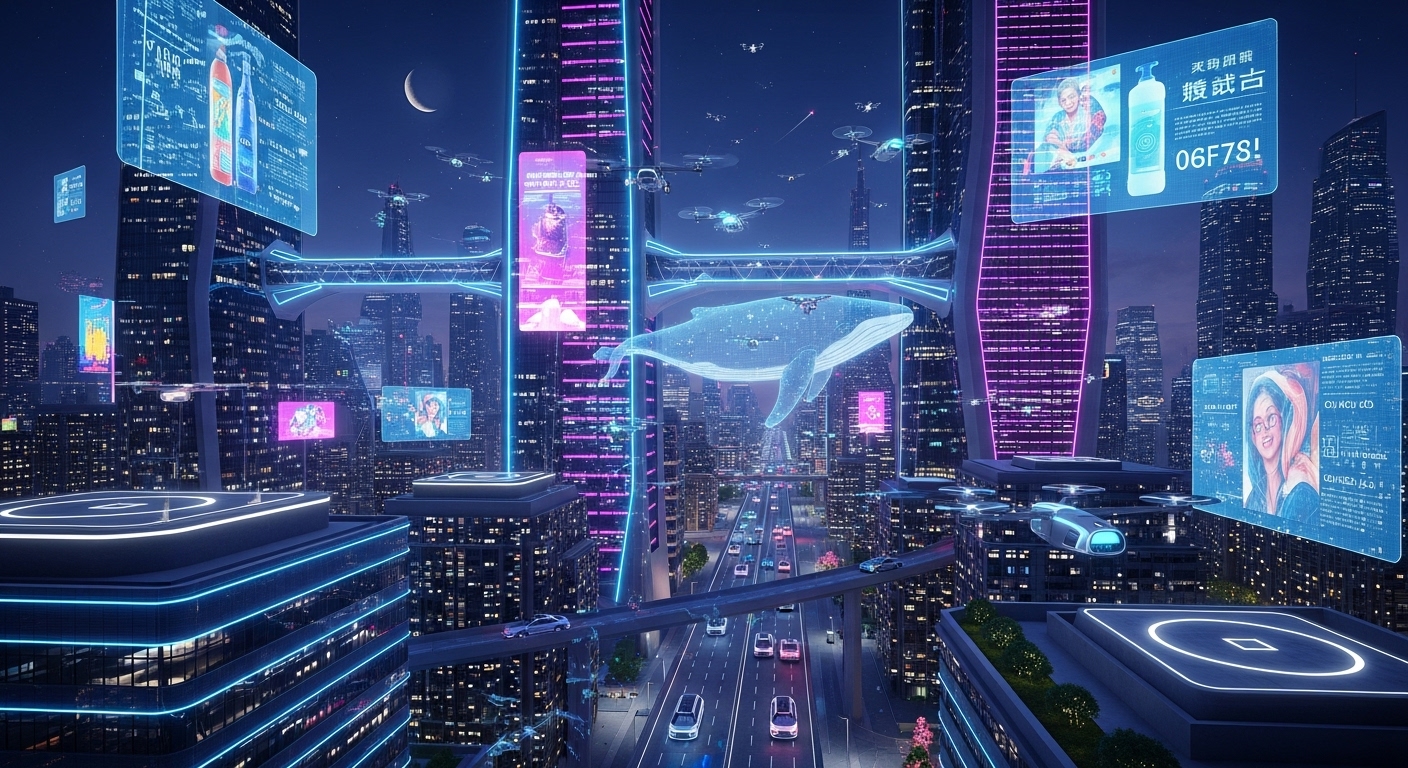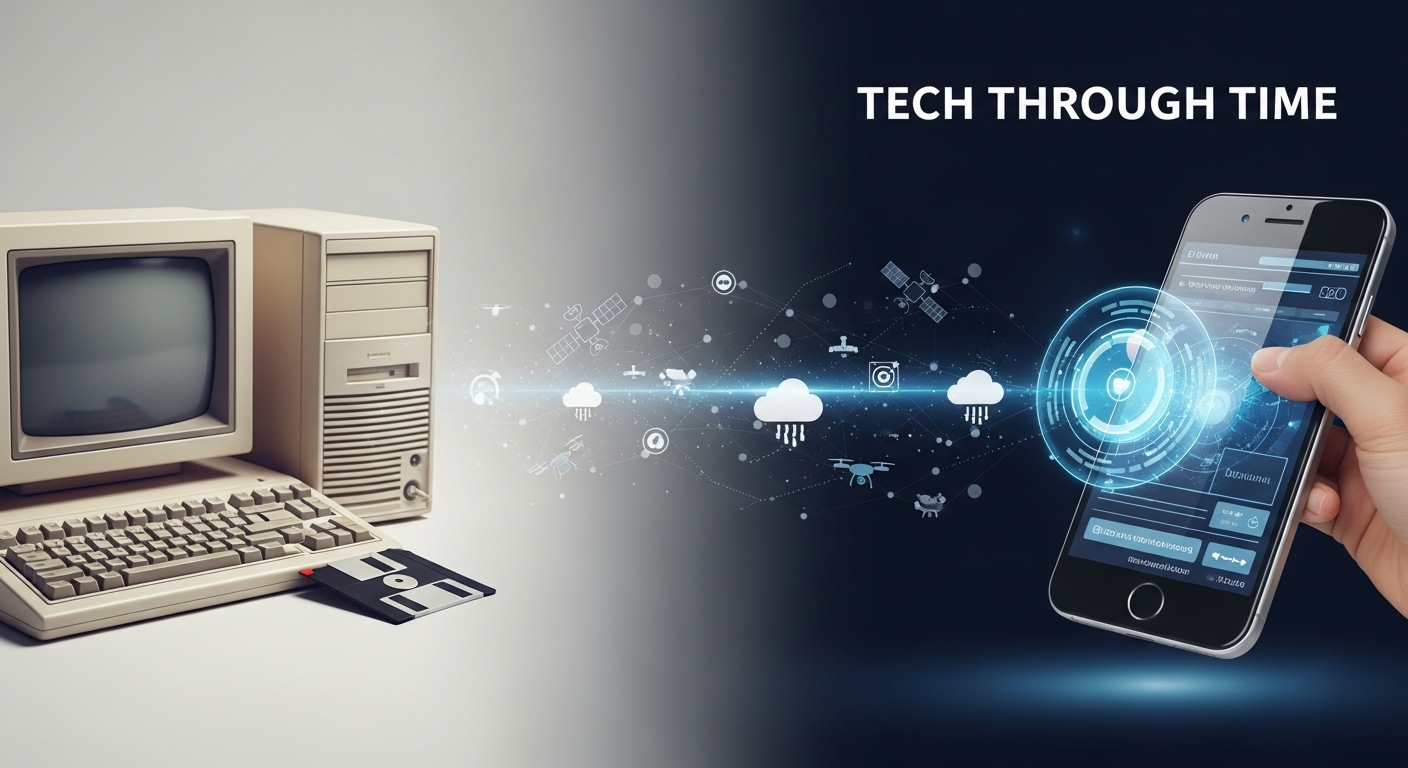Technology is an ever-evolving domain that continues to redefine the way we live, work, and interact with the world. From the invention of the wheel to the rise of artificial intelligence, technology has been the driving force behind human progress. Today, it permeates every aspect of our lives, influencing industries, societies, and personal experiences in unprecedented ways. In this blog, we will explore key technological innovations, their impacts, and the future possibilities they hold.
The Rise of Artificial Intelligence
Artificial intelligence (AI) has become one of the most transformative technologies of the 21st century. It refers to machines and software systems that can perform tasks traditionally requiring human intelligence, such as reasoning, learning, and problem-solving. AI is present in various forms in our daily lives, from virtual assistants like Siri and Alexa to recommendation algorithms on streaming platforms.
Machine learning, a subset of AI, allows systems to improve their performance based on data inputs. For example, predictive analytics in healthcare can analyze patient data to anticipate diseases before they manifest. AI has revolutionized sectors such as finance, logistics, and entertainment, offering unprecedented efficiency and insights. However, the rapid adoption of AI also raises ethical concerns, including biases in algorithms and the potential for job displacement. The challenge lies in harnessing AI responsibly to maximize its benefits while mitigating risks.
The Internet of Things: Connecting the World
The Internet of Things (IoT) is another groundbreaking technological advancement that has reshaped connectivity. IoT refers to the network of interconnected devices that communicate and exchange data with one another over the internet. From smart homes to industrial automation, IoT has created a more integrated and efficient ecosystem.
In everyday life, IoT devices like smart thermostats, wearable fitness trackers, and connected kitchen appliances make our routines more convenient and informed. Industrial IoT, on the other hand, optimizes production processes, enhances supply chain management, and reduces operational costs. Despite these advantages, IoT also presents challenges such as data privacy, security vulnerabilities, and the need for standardized protocols. As IoT continues to expand, balancing innovation with security remains a crucial consideration.
Cloud Computing: The Backbone of Modern Technology
Cloud computing has revolutionized how businesses and individuals store, process, and access data. It allows users to leverage remote servers over the internet, eliminating the need for physical infrastructure and enabling scalable, flexible solutions. Companies can deploy applications faster, manage resources efficiently, and reduce operational costs.
The cloud ecosystem includes services such as Infrastructure as a Service (IaaS), Platform as a Service (PaaS), and Software as a Service (SaaS). These services have democratized access to powerful computing resources, empowering startups and small businesses to compete on a global scale. Additionally, cloud computing has facilitated the growth of remote work, digital collaboration, and online education, making technology more accessible than ever before.
The Evolution of Mobile Technology
Mobile technology has witnessed an extraordinary transformation over the past few decades. From the first bulky mobile phones to modern smartphones, the evolution of mobile devices has revolutionized communication, entertainment, and commerce. Smartphones are now multifunctional devices that serve as cameras, GPS navigators, gaming consoles, and productivity tools.
The advent of 5G technology further amplifies the capabilities of mobile networks by delivering ultra-fast speeds, low latency, and enhanced connectivity. This advancement paves the way for innovations such as augmented reality (AR), virtual reality (VR), autonomous vehicles, and smart city infrastructure. Mobile apps, powered by AI and cloud computing, have transformed industries ranging from healthcare to retail, making digital experiences more personalized and immersive.
Blockchain and the Future of Decentralization
Blockchain technology is redefining trust, transparency, and security in digital transactions. It is a decentralized ledger system that records transactions in a tamper-proof manner, making it particularly valuable for financial services, supply chain management, and identity verification. Cryptocurrencies like Bitcoin and Ethereum are the most well-known applications of blockchain, but the technology extends far beyond digital currency.
Smart contracts, which automatically execute agreements when certain conditions are met, have enormous potential in reducing bureaucracy and enhancing efficiency. Blockchain also holds promise in addressing issues of data security, counterfeit products, and centralized control over sensitive information. However, challenges such as scalability, regulatory compliance, and energy consumption remain hurdles that the industry must overcome to realize its full potential.
Robotics and Automation: Redefining Industries
Robotics and automation are transforming industries by increasing efficiency, reducing costs, and enhancing precision. Industrial robots are widely used in manufacturing, automotive production, and electronics assembly, performing tasks with consistency and speed that surpass human capabilities. Collaborative robots, or cobots, work alongside humans to augment productivity in workplaces.
Automation extends beyond factories into sectors such as healthcare, logistics, and agriculture. For example, automated surgical robots enable minimally invasive procedures, while autonomous drones facilitate inventory management and crop monitoring. While robotics brings numerous benefits, it also raises ethical and economic considerations, including job displacement and the need for reskilling the workforce. The challenge lies in integrating robotics in ways that complement human labor rather than replace it entirely.
Cybersecurity: Protecting the Digital Frontier
As technology becomes more integral to our lives, cybersecurity has emerged as a critical concern. Cyber threats, including hacking, phishing, ransomware, and data breaches, pose significant risks to individuals, businesses, and governments. Cybersecurity involves protecting digital systems, networks, and sensitive information from unauthorized access and malicious activities.
Advancements in cybersecurity include AI-driven threat detection, blockchain-based security solutions, and multi-factor authentication protocols. However, the ever-evolving nature of cyber threats requires continuous vigilance, innovation, and collaboration. Governments and private sectors are investing heavily in cybersecurity infrastructure and education to safeguard digital ecosystems and maintain public trust.
Virtual Reality and Augmented Reality: Immersive Experiences
Virtual reality (VR) and augmented reality (AR) are transforming how we perceive and interact with digital content. VR immerses users in fully virtual environments, while AR overlays digital information onto the real world. These technologies have applications in gaming, education, healthcare, architecture, and tourism, creating experiences that were once unimaginable.
In education, VR simulations allow students to explore historical events or scientific experiments in immersive environments. In healthcare, AR assists surgeons with real-time visual guidance during complex procedures. The entertainment industry has also embraced these technologies, offering more interactive and engaging experiences. As hardware becomes more affordable and software more sophisticated, VR and AR are expected to become mainstream, influencing everyday life profoundly.
Green Technology: Sustainability Through Innovation
Technology is not only reshaping convenience and efficiency but also addressing environmental challenges. Green technology, or clean tech, focuses on reducing environmental impact through sustainable practices and innovations. Renewable energy sources such as solar, wind, and hydropower are at the forefront of this movement, providing alternatives to fossil fuels.
Electric vehicles, energy-efficient appliances, and smart grids contribute to reducing carbon emissions and conserving resources. Additionally, innovations in recycling, water purification, and waste management leverage technology to promote sustainability. Green technology represents a crucial intersection of progress and responsibility, demonstrating that technological advancement can coexist with environmental stewardship.
The Role of Big Data in Decision Making
The digital era generates massive volumes of data daily, and big data analytics has become essential for extracting insights and making informed decisions. Big data refers to datasets so large and complex that traditional data processing methods are inadequate. Analytics tools process this data to identify trends, patterns, and correlations that inform business strategy, public policy, and scientific research.
Industries such as healthcare, finance, marketing, and logistics benefit immensely from big data insights. Predictive analytics can forecast customer behavior, optimize supply chains, and even anticipate medical conditions. However, big data also raises concerns regarding privacy, data security, and ethical usage. Responsible management and analysis of big data are imperative to maximize its benefits while minimizing potential harm.
Quantum Computing: The Next Frontier
Quantum computing represents the next frontier of computational power. Unlike classical computers that use bits to process information as 0s or 1s, quantum computers use qubits, which can exist in multiple states simultaneously. This property, known as superposition, enables quantum computers to solve complex problems exponentially faster than traditional systems.
Potential applications of quantum computing include cryptography, drug discovery, climate modeling, and optimization problems. While quantum computing is still in its early stages, research and investment are rapidly accelerating. The technology promises to tackle challenges that are currently beyond the reach of classical computing, opening new horizons for science, industry, and society.
Conclusion: Embracing the Tech-Driven Future
Technology has become inseparable from human progress, driving innovation, efficiency, and creativity. From AI and IoT to quantum computing and green technology, these advancements shape the way we live, work, and interact with the world. While challenges such as ethics, security, and sustainability must be addressed, the potential benefits of technology are immense.
Embracing a tech-driven future requires adaptability, continuous learning, and responsible innovation. Individuals, businesses, and governments must collaborate to harness the power of technology while ensuring equitable access and mitigating risks. As we navigate this ever-changing landscape, one thing remains clear: technology will continue to transform our world in ways we are only beginning to imagine.



